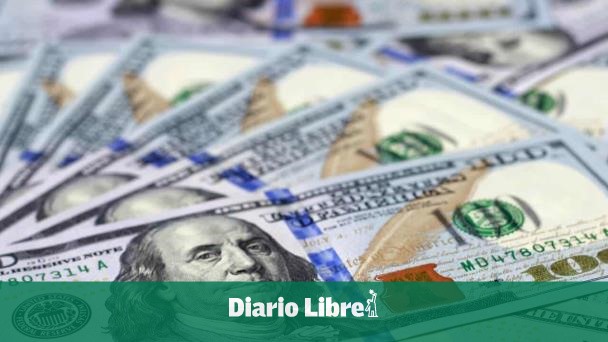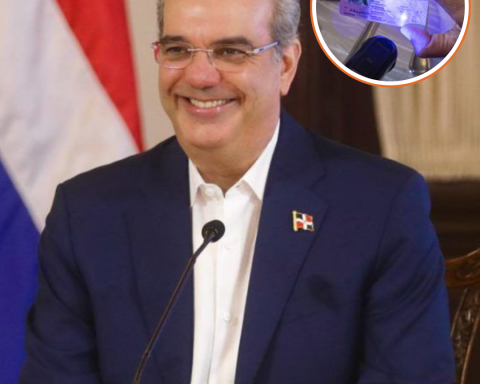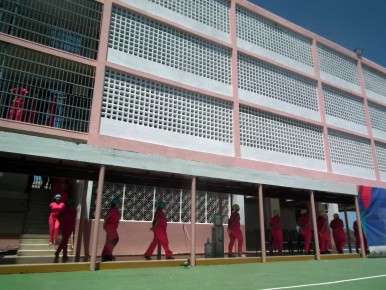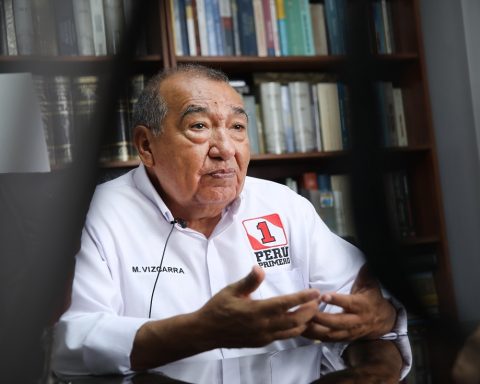The Dominican Republic bonds fell after President Luis Abinader withdrew his Fiscal Modernization bill from Congress, which aimed to increase tax collection. This decision has reduced expectations of the nation being upgraded to investment grade.
The dollar bonds led losses in emerging markets this Monday, with those maturing in 2060 falling as much as 2.6 cents on the dollar, trading below 90 cents, according to indicative prices compiled by Bloomberg.
Luis Abinader, president of the Dominican Republic, spoke on the issue on Saturday, asking the National Congress to withdrew immediately of his proposal tax reform after recognizing that it did not have enough support from the social and economic sectors.
- Bloomberg highlighted that the measure was considered necessary to raise one of the lower levels of tax collection in Latin America and address the growing debt burden.
He highlights that Abinader planned to use the majority of his party in Congress to approve the bill, but its introduction was met with strong oppositionincluding days of protests in the streets and resistance from important business groups, such as:
- The Hotel and Tourism Association of the Dominican Republic (Asonahores).
- The Dominican Association of Film Industry Professionals (Adocine).
- The National Council of Private Enterprise (Conep).
- The Association of Industries of the Dominican Republic (AIRD).
“The withdrawal is a significant setback to their goal of securing the investment grade status for the Dominican Republic during his tenure,” wrote Ricardo Penfold, managing director of Seaport Global in New York, in a note to clients.
“How fiscal consolidation will be achieved remains unclear, despite a tax rule that limits primary spending in real terms,” the note adds.
Fitch Ratings and Moody’s Ratings They rate the Dominican Republic three levels below investment grade, while S&P Global Ratings ranks it one level higher, at BB.
About tax measures
The fiscal measure sought to increase income by 1.5% of gross domestic product (GDP) by increasing taxes on income, businesses and property, among others. It also sought to reduce the incentives provided to the film and tourism industries, among other productive lines.
The “Fiscal Modernization” bill had been one of the main campaign promises of Abinader when he won re-election by a wide margin in May, and said the long-delayed reform was key to increasing public spending and reducing the deficit.
In a speech broadcast nationally on Saturday, Abinader said that the country needs reformsbut that would go back to the drawing board.
“A true democratic government is not afraid to change its decisions when it has listened to the people,” he said. “I am a president who listens. “I’m not isolated, I don’t live in a bubble,” Abinader commented.

















